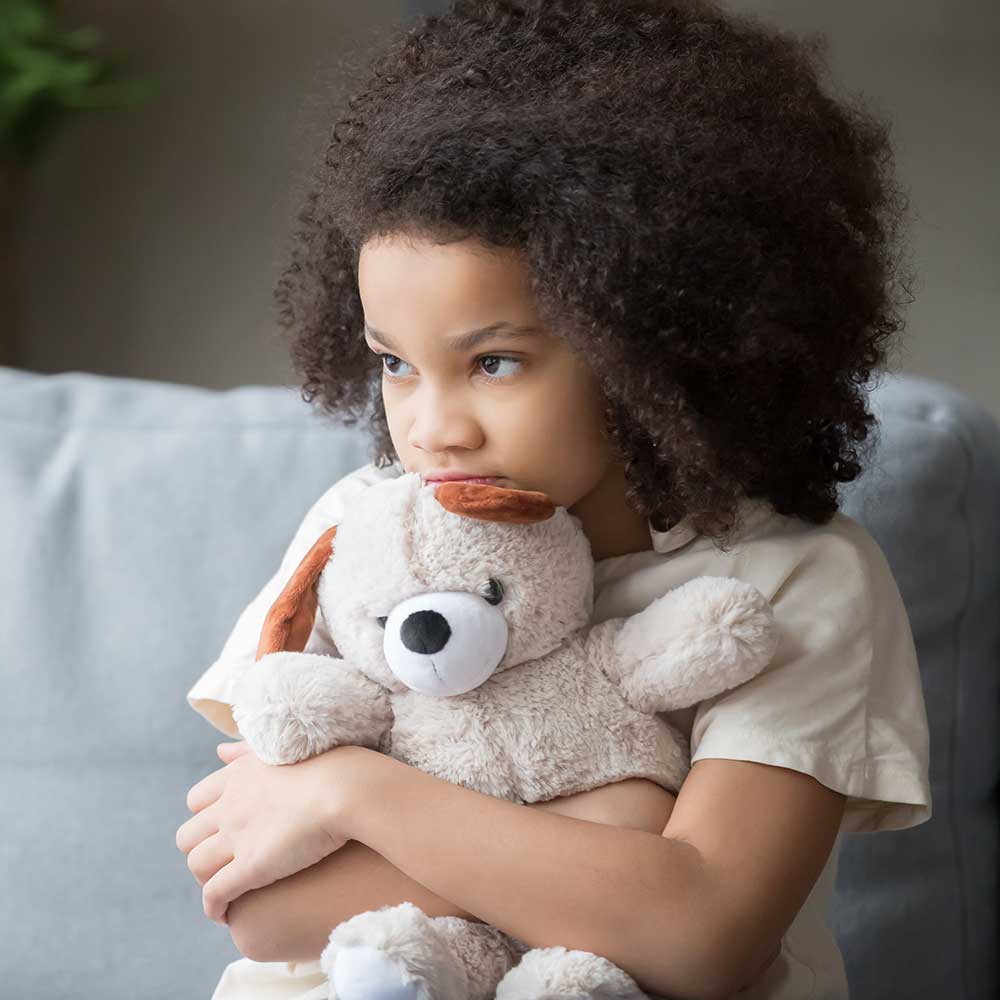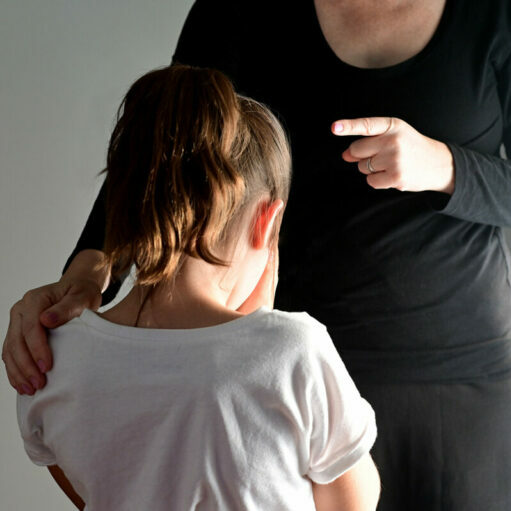Child Behavioral Therapists in Marietta and Roswell
Our professional counseling services can unlock your child’s potential and empower your child to thrive.


Have you noticed that your child is lacking the skills necessary to cope in certain situations?
Our child behavioral therapists have had the privilege to help many children overcome a variety of emotional issues. We understand that as a parent, you want nothing more than to see your child happy and thriving. But sometimes, children face emotional struggles, behavior changes, or challenges coping. These issues can leave both you and your child feeling frustrated.
At our counseling practice, we believe that every child deserves the opportunity to flourish and reach their full potential. We understand that each child is unique, and their journey to emotional well-being may require expert guidance and support. Our child therapy services are designed to provide a safe and nurturing environment where your child can explore their feelings, overcome challenges, and develop the skills they need to thrive.
Our Approach To Children's Counseling
Because children may not have the words to express how they think and feel, our child behavioral therapy works with children in a special way. Through the therapeutic use of play, we are able to help children explore and resolve issues while encouraging healthy behaviors. We use toys, games and books to aid in building rapport with children and assisting with the expression of feelings in therapy. We strive to include parents in the process for behavior change and symptom relief.
After consistent treatment using play, parents typically report that their child is more social and outgoing, has increased confidence, seems to be in a better mood, and is better able to manage difficult emotions. Here's more about what sets our child therapy services apart:
- Emotional Regulation: We guide your child in managing their emotions, teaching them how to cope with anger, fear, and sadness in healthy ways.
- Coping Strategies: We work with your child on developing a toolbox of coping skills to use when feeling sad, anxious, angry and disappointed.
- Communication: We teach your child how to identify and communicate their feelings to help regulate their emotions.
- Building Resilience: Through therapy, your child will learn the skills needed to help reduce future emotions and behavioral problems. These skills will continue to serve them throughout life.
Issues We Can Address in Children's Counseling
Whether it's helping with emotional regulation at home or school, dealing with specific family stressors, or simply fostering more happiness and joy, our therapists are trained to address a wide range of challenges that children encounter including:
Academic Pressure
Adjustment Disorders (e.g., moving to a new school or city)
ADHD
Anger
Anxiety/Fears and OCD
Attention Problems
Behavior Issues
Body Image Concerns
Bullying
Depression
Developmental Delays
Divorce of Parents
Eating Disorders or Disordered Eating Patterns
Family Conflict
Friendship Issues
Grief
Learning Disabilities
Neurodivergent Issues (e.g., ADHD or Autism Spectrum Disorder)
Perfectionism
Phobias
School Problems
Self-Control
Self-Esteem Issues
Sleep Problems
Social Issues
Stress
Technology Addiction
Temper tantrums
Time Management Skills
Transitions (e.g., starting kindergarten, transitioning to middle school)
Toilet Training Challenges
Trauma
Witnessing Violence
Our Child Therapy Services
At our counseling practice, our professional counseling services can address emotional and behavioral challenges by utlizing the following techniques:
Play Therapy: Because children often don’t have the language to express how they feel, play can be used in therapy to help them express their thoughts and feelings. Play therapy is a special form of children's counseling that allows the therapist to observe the child's play to gain insights into their world, facilitating communication and emotional processing in a safe and supportive environment.
Art Therapy: Art can be used in therapy to give children a creative way to communicate, process feelings and cope with stressors.
Cognitive-Behavioral Therapy (CBT): CBT is an evidence-based approach that child behavioral therapists can use to help children manage anxiety, depression, and other mental health issues by changing negative thought patterns and behaviors.
Family Therapy: Family therapy can be used to help improve communication between family members, reduce conflict, and strengthen bonds.
Parent-Child Interaction Therapy (PCIT): Focuses on improving the parent-child relationship and teaching parents effective strategies for managing their child's behavior through structured coaching sessions.
Sand Tray Therapy: A type of therapy for children that involves the use of a tray filled with sand and miniature figurines to allow children to create scenes that represent their inner thoughts and feelings, providing a means of expression.
Narrative Therapy: Allows children to cope using storytelling techniques that encourage them to rewrite the story of what happened to them or something currently happening in their lives more positively.
Imagine a life where your child…

- Effectively communicates their emotions rather than becoming depressed or exhibiting disruptive behavior
- Demonstrates the ability to handle intense emotions without outbursts
- Engages in social interactions, connecting with friends and enjoying social experiences
- Complies with household and school rules
- Displays more resilience in response to life changes or changes within the family dynamic
Frequently Asked Questions About Child Counseling
Got questions? We've got answers. Check out our FAQ to discover our most commonly asked questions before getting started.
Our therapists use a variety of techniques when working with children. These techniques include play, art, games, and activities. Our office has a playroom used for play-based therapy with children.
For the first session, we typically ask that a parent be present without the child in order for us to go over background information and goals for the sessions. It is best to do this without the child present. After the first counseling session, we will plan to meet with the child weekly. Sometimes, you as the parent may have a session or sessions alone with your child's therapist as parent update sessions.
Because of their age, children do not typically want to sit on a couch and talk about their feelings as adults do. Our child therapists will take time to evaluate each child and their ability to verbalize thoughts and feelings, tailoring the treatment and approach based on their needs, goals, and age.
With children, it is common for us to engage them using games, play, sand trays, etc., to help them work through emotions and thoughts in a different way than adults
Ready to support your child on their journey toward emotional well-being and success?
We offer child therapy in-person in Marietta and online therapy throughout Georgia.
Need some advice? We made this content just for you.






